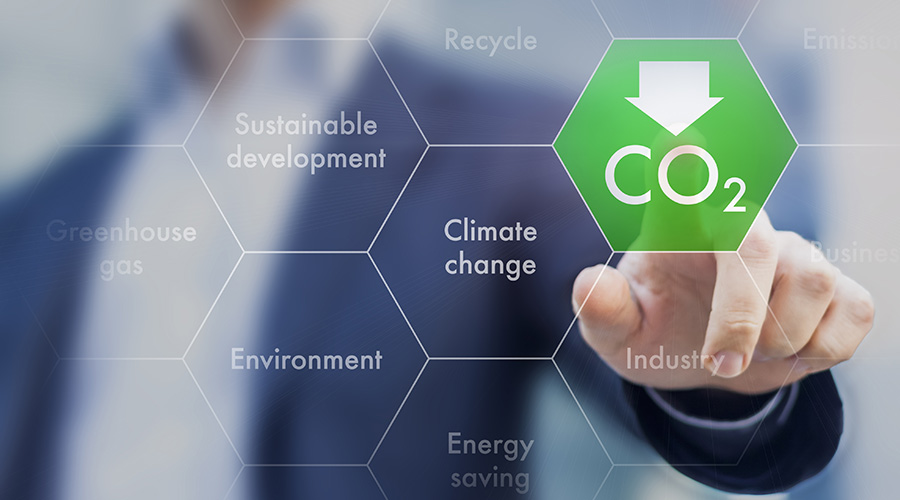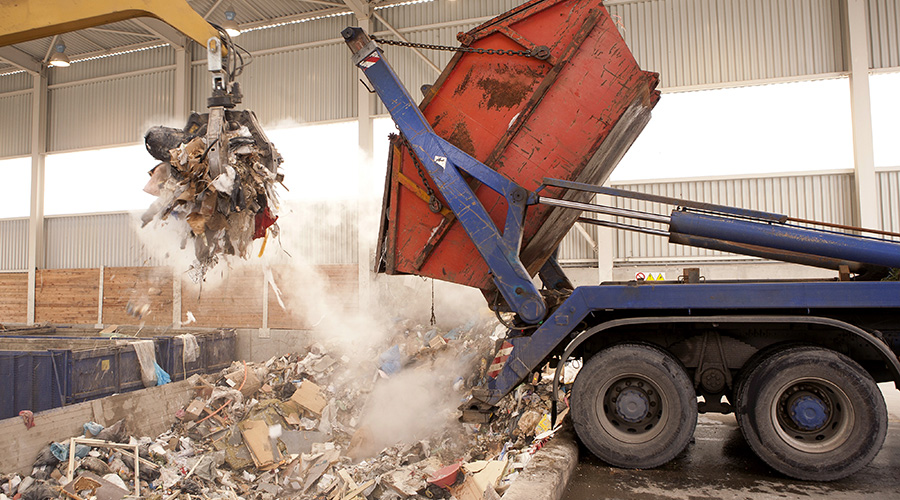Federal Trade Commission Green Guides Help Facility Managers Evaluate Environmental Marketing Claims
The FTC did not issue these revised Green Guides to discourage environmental claims or marketing, but simply to help ensure that claims are truthful, that they have substantiation and that they are not misleading or deceptive.
They do, however, provide important guidance as to what facility managers should look for when sourcing products or services that are sustainable. The Green Guides outline how facility managers should assess claims and helps identify what they should look for.
The FTC Green Guides do not specify “standards.” They merely outline what is deemed acceptable in terms of promotions of environmental claims.
Sustainability is still subject to interpretation and varying standards. But one form of measurement to serve as an example would be the standard created by Green Seal for Cleaning Products for Industrial and Institutional Products (GS-37). Green Seal is not the only certification service in the marketplace, but it helped advise the FTC on revisions to the FTC Green Guides and is compliant with the guidelines, so GS-37 serves as one example of the kind of criteria that a certification program should meet.
The standard recognizes that while cleaning products used in the industrial and institutional setting are vital for a healthy and aesthetically pleasing indoor environment, many, depending upon their formulation, may harm human and environmental health. Many chemicals found in these products can be hazardous to human and aquatic life, and both manufacturers and users may be exposed to harmful chemicals. These products often contain volatile organic compounds (VOCs) which are chemicals that can have short and long-term health effects and contribute to the formation of ground level ozone pollution.
GS-37 is a benchmark for sustainable all-purpose cleaning products for industrial and institutional use and for identifying products that are sustainability leaders in the industry.
The standard requires that products be sold in concentrated form. The requirements in the standard also cover product performance, human health protection, environmental protection, packaging, training, and labeling. It prohibits the use of harmful chemicals in formulations, specifies that manufacturers use sustainable packaging, and limits VOC content.
The requirements in the standard also cover categories including human health protection, environmental protection, packaging, training, labeling, and product performance. Certified cleaning products must demonstrate effective performance, comparable to that of nationally recognized products in their categories.
What the FTC Green Guides look to emphasize is that sustainability is more than just a label and that considerations of use of such products and services transcend some general desire to “protect the environment.” They are about protection of human health and safety as well and that is why it is so vital that facility managers have some guidance or degree of assurance that, when they buy what they believe are “sustainable” products or services, those products or services have a good basis for claiming to be sustainable.
The FTC Green Guides do not ensure that every product or service in the marketplace that portrays itself as “green” truly is, but they do provide important guidance in helping facility management make the right decisions when it comes to protecting the environment and human health and safety.
Linda H. Chipperfield is vice president of marketing and communications, Green Seal, an independent, science-based standards developer and certification body that identifies products and services that are environmentally responsible.
Related Topics:












